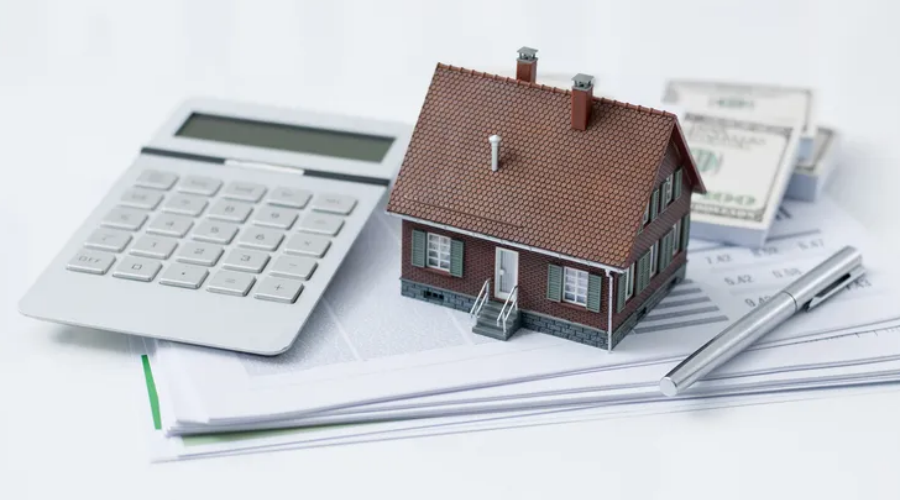Most current homes in the United States (92% of all residences) could use some modifications or renovations, as they were built before 2000. True enough, ninety-one percent of homeowners believe that their houses require some sort of modification, from small fixes to complete makeovers. Home improvement loans are a popular choice to consider when financing those upgrades.
Loans for home renovation are advantageous in a lot of ways. Here, we examine the advantages of home improvement loans.
They aid in renovation or repair
Home improvement loans offer a convenient solution for financing upgrades and repairs, which is their main benefit. Because the residence typically serves as collateral, it frequently has lower interest rates than other options. Home improvement loans may be more affordable than other options, such as personal loans.
With home improvement loans, refinancing updates and renovations can be easier overall, especially if it’s less complicated than saving up cash. Therefore, we can resolve issues more quickly. Instead of postponing a project and risking further damage that could increase the cost, this approach can keep the house habitable and potentially save the entire cost.
Their influence raises property prices
Remodeled homes might fetch higher prices for their owners. It makes sense to enhance value by fixing damage. Modernizing fixtures, systems, finishes, and surfaces can also raise the market value of a property.
Much of the time, home improvements raise a property’s value more than they cost to complete. Therefore, a homeowner may recover part or all of the equity they used to finance the improvements. In addition, when they pay off any mortgages or collateralized home renovation loans, that equity can increase further, giving them the opportunity to accumulate the value of a vital asset.
They establish credit reports
Like most other lending products, home improvement loans typically update credit reports. Given this, taking out a loan may have an effect on a homeowner’s credit record and score, possibly in a positive way.
As a result of timely payments, credit scores often rise over time. Furthermore, home improvement loans can help borrowers maintain a healthy mix of credit, thereby improving their credit score, if credit cards typically dominate their credit report.
Extended payback periods are another feature of many home improvement loans. Because of this, as a borrower advances through the payback period, they can maintain the average age of their open accounts.
They make higher sums of money more accessible
Getting a home improvement loan is frequently a simpler option than using a personal loan to obtain large amounts of money for expensive repairs or upgrades. If the payment doesn’t raise the household’s debt-to-income ratio above the lender’s limit and the amount borrowed allows them to keep 15% to 20% of their equity, homeowners may be able to bank all of their equity.
A borrower’s income, credit score, and other factors will determine the maximum loan amount, as will the lender. However, because home improvement loans typically require collateral, it’s typically more straightforward to choose this option over a personal loan for the same amount.

